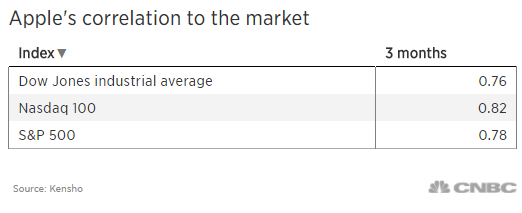
Blackstone is expanding its presence in the nearly $300bn market for US subprime car loans, while some of its competitors are showing signs of throttling back.
The world’s biggest private equity firm pushed into car loans in 2011, buying a majority stake in Exeter Finance, a subprime specialist based in Irving, Texas. Blackstone has since injected more than $400m into the company and poached its senior management team from Santander Consumer, the biggest US subprime auto lender.
The company’s loan portfolio expanded about 10 per cent to $3.4bn in 2017. This year, Exeter has jumped four places in the ranks of the top issuers of securities backed by subprime car loans, according to S&P Global. Exeter has already issued $1.1bn of such securities this year, not far from its 2017 total of $1.4bn, putting it second only to Santander’s $3bn.
Receive 4 weeks of unlimited digital access to the Financial Times for just $1.
“Exeter has grown its portfolio and is going to grow it even more this year, given its strong performance,” said Martin Brand, a senior managing director at Blackstone, who oversees the firm’s investment in Exeter and other financial institutions.
Private-equity firms moved into subprime car loans in the years after the financial crisis, as big banks pulled back under tighter supervisory standards and tougher rules on capital. Perella Weinberg, for example, bought a majority stake in Flagship Credit Acceptance in 2010 while Lee Equity Partners bought out Skopos Financial a year later.
But some of these subprime lenders have run into trouble, hurt by losses on loans and the higher cost of funds. Recent closures of private equity-backed lenders include Pelican Auto Finance, shut down by its sponsor, Flexpoint Ford. Flagship, meanwhile, reduced its portfolio by 8.5 per cent through 2017, with losses on recent deals running higher than expected, according to S&P.
Flexpoint, Flagship and Perella declined to comment.
“Some companies funded by private equity are decreasing their origination volumes year over year,” said Amy Martin, head of subprime auto ratings at S&P. “We think that is a sign of equity not supporting the company with respect to their growth goals but it could also be an indication that they are trying to improve credit quality and tightening lending standards.”
Data on pools of subprime loans originated by Exeter show cumulative net losses of about 20 per cent. That compares with average annualised losses of 8.3 per cent in 2017 across all subprime car loans, according to S&P.
According to the New York Fed there were $282bn of subprime loans outstanding at the end of the third quarter last year. The Fed defines subprime as borrowers with credit scores of less than 620 on the commonly used FICO scale.
“I think [subprime lending] provides an important service because it is often the only way these consumers can get a car and travel to their jobs,” said Mr Brand of Blackstone. “Our credit performance is improving year over year, our profitability is improving and our position in the market is improving.”
More from the Financial Times:
People love fitness trackers, but should employers give them out?
CFTC: deliberate defaults may be ‘market manipulation’
Blackstone’s Japan move highlights governance fight

